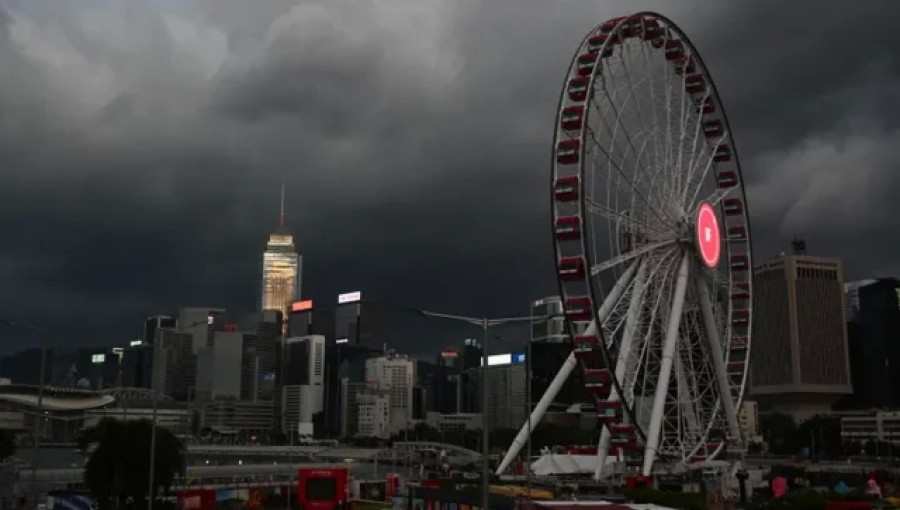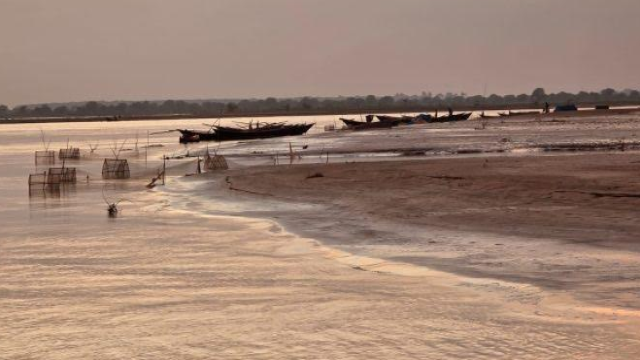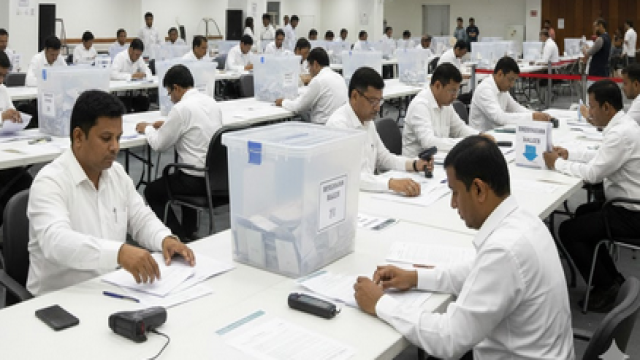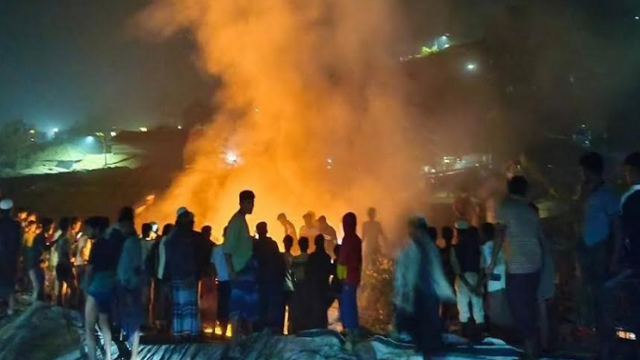Hainan, Sep 06 (V7N) – Super Typhoon Yagi, the strongest typhoon to hit China's southern coast in a decade, made landfall in Hainan province on Friday, causing widespread disruption and prompting the evacuation of nearly 400,000 people. According to China's meteorological department, Yagi is also the most powerful tropical cyclone of 2024, surpassing even the Atlantic Hurricane Beryl in intensity.
With sustained winds reaching 240 kilometres per hour (150 mph), the typhoon has crippled the region, forcing the closure of schools, airports, and transportation networks. Trading on the Hong Kong Stock Exchange has been suspended, and trains and boats have been grounded as a precaution. The popular tourist region of Hainan has been particularly affected, with heavy rainfall and flooding anticipated in the coming days.
China's state news agency, Xinhua, reported that Yagi is expected to impact the neighbouring Guangdong province as well. The Ministry of Water Resources issued an emergency warning for potential flooding in both Hainan and Guangdong on Thursday. This comes after officials declared Yagi the most intense storm to hit the southern coast since 2014, posing significant challenges for managing flood risks and damage control efforts.
Yagi's impact extends beyond China. Earlier this week, the typhoon triggered floods and landslides on the Philippine island of Luzon, resulting in at least 13 deaths. Since then, the storm has more than doubled in strength as it moved across the South China Sea, wreaking havoc on coastal areas.
In Hong Kong, heavy rains began overnight, with the city experiencing its third-highest typhoon warning level until noon on Friday. Though the city has seen three reported injuries, authorities are thankful that the damage has remained relatively limited.
Experts attribute the increasing intensity of tropical storms like Yagi to climate change, which is believed to be amplifying the severity of weather patterns worldwide. This trend is expected to make storm management and recovery even more challenging in the coming years.































Comment: